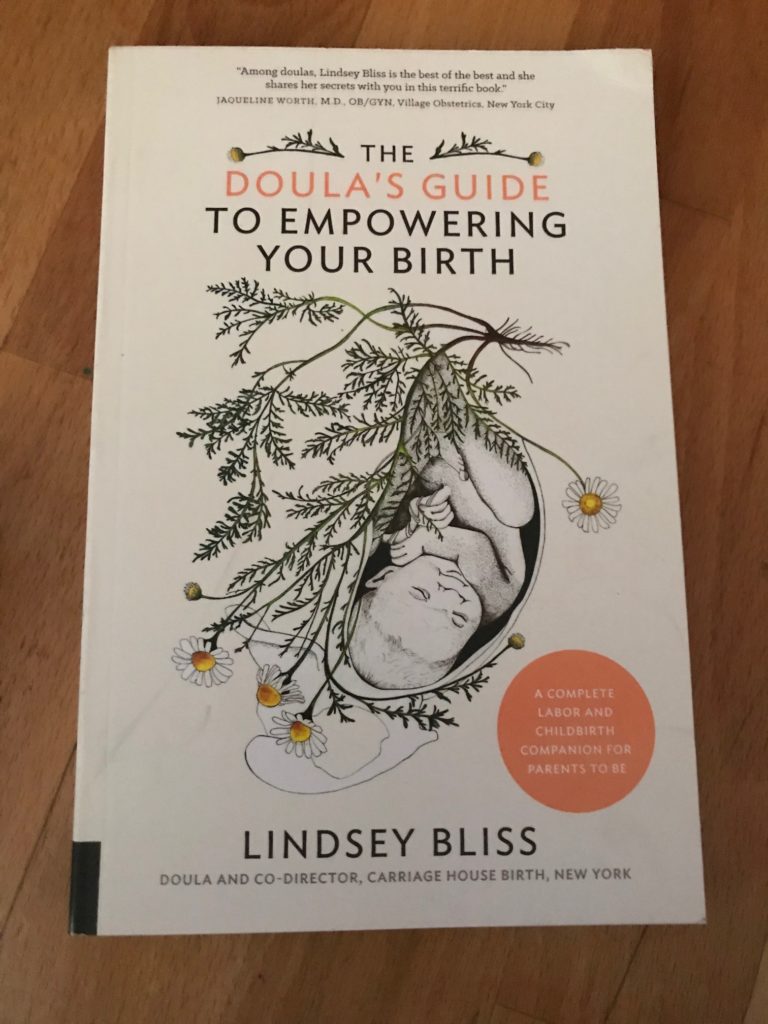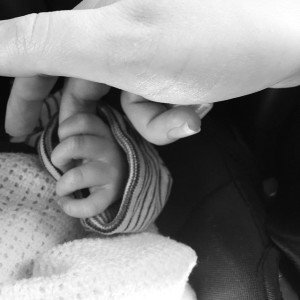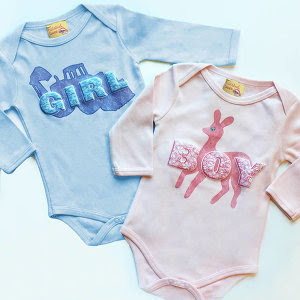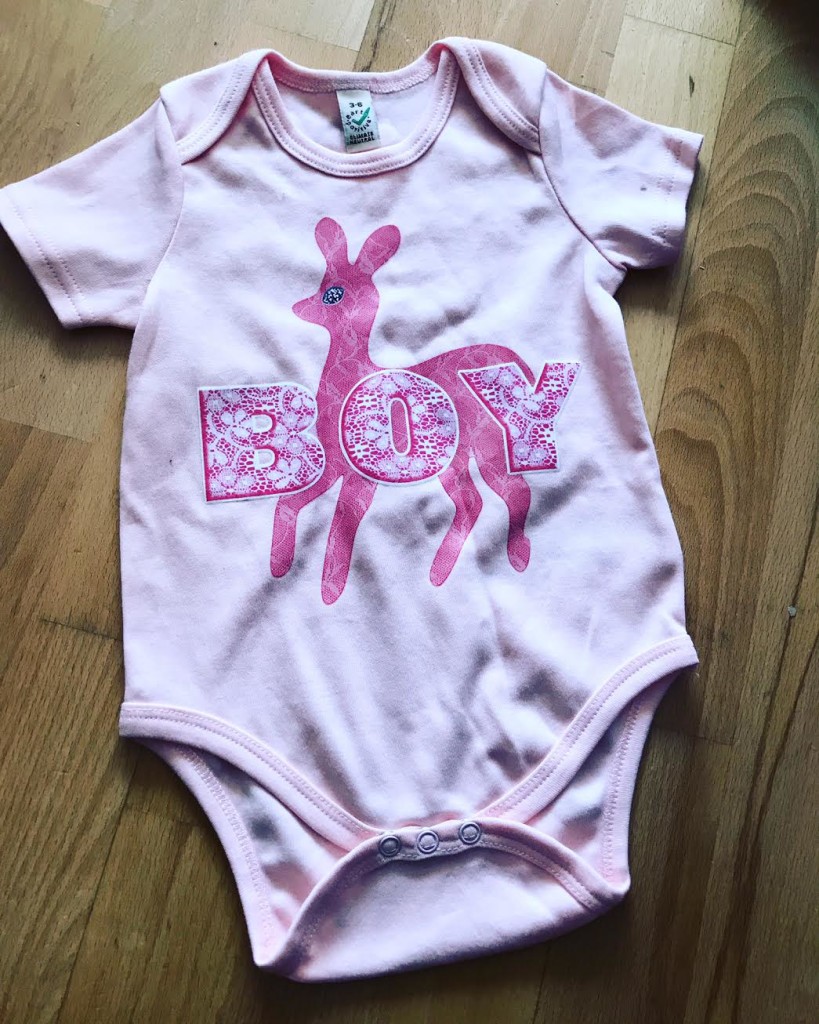By Gemma Francis
Almost half of new mums suffer from frightening thoughts or hallucinations – but two thirds of these hide how they feel for fear of being judged negatively or having their baby taken away, a study has found.
The images – which include thoughts of killing or harming their child – are still taboo among mums with just 37 per cent admitting to others how they feel.
The most common thought is a fear that ‘something dreadful will happen to my baby’, with 62 per cent vividly feeling this.
A further 44 per cent were plagued by the belief their baby might die, while 13 per cent have imagined killing or harming their own child.
The study by parenting site ChannelMum.com also found one in 50 even believed ‘my baby hated me’ while one per cent were convinced their mother-in-law was trying to take their baby,
Others had visions of their child being eaten by a crocodile or snatched by the Grim Reaper.
Two in five (39%) felt their child and partner would be ‘better off without me’ and 16 per cent considered suicide.
An additional 31 per cent admit to having an irrational fear that someone ‘will steal or harm my baby’, making it impossible for them to meet or talk to strangers.
Yet despite 43 per cent of mums suffering these extreme thoughts, 65 per cent of those were never told pregnancy and parenthood could affect their mental health.
As a result, one in five (19%) feared they were ‘going mad’ when they fell ill.
Half (49%) of the mums who suffered were also scared of being ‘judged negatively’.
Forty three per cent believed others will think they are a ‘bad parent’, while 26 per cent were ‘ashamed’ of being mentally ill.
The stigma is so great that a disturbing 17 per cent of mums who fall ill admitted they thought about self-harm to try to cope, with one in 20 going on to self-harm.
One of the biggest barriers to getting help is the fear your child will be taken into care.
One in five mums (19%) who suffered mental illness after birth reported refusing to access help in case their child was taken away.
Official NHS figures show just ten to 15 per cent of mums experience serious mental health issues.
But as a result, some experts now believe there could be a ‘hidden epidemic’ of maternal mental illness, as 64 per cent of mums who fall ill never try to get a formal diagnosis so are missed by official figures.
Overall, the survey showed the most common mental health ailment suffered by new mums is anxiety, experienced by 68 per cent of women after birth, alongside 48 per cent who undergo insomnia due to worry.
A further 35 per cent battle Post Natal Depression, a third (33%) become agoraphobic and 23 per cent are hit by panic attacks.
On average, women’s symptoms lasted three to six months, but 29 per cent felt mentally low for a year or longer.
Women were five times more likely to spot their own symptoms with 69 per cent realising themselves they were ill, compared to just 14 per cent whose partners detected they were unwell.
However, almost two in five mums who become ill (38%) never tell anybody how they feel and just a third confide in their GP (33%).
The most common way mums covered up their feelings was to pretend to be ‘fine’ when quizzed on how they felt, with 94 per cent admitting they lied about their feelings.
Lack of sleep was seen as the main trigger for mums falling ill, with 55 per cent believing this contributed to their condition.
A further 54 per cent said they felt ‘emotionally overwhelmed’ as a new parent, alongside 39 per cent who admitted they tried to ‘be the perfect parent’.
Two in five (41%) blamed hormonal changes while 14 per cent pinned the blame on ‘the pressure of living up to others on social media.
As a result, a resounding 80 per cent of mums want society to be more open about maternal mental health issues and the extreme thoughts mums can have.
Seven in ten (69%) want ‘society to realise it can happen to anyone’ while 55 per cent seek reassurances that their child will not automatically be taken into care if they come forward for treatment.
ChannelMum.com founder Siobhan Freegard said: “If your body is broken after birth, everyone understand and supports you.
“But when your mind is broken, mums still feel they have to keep it hidden.
“These thoughts are disturbing and terrifying – but very often they are part of becoming a mum.
“We need to talk about it, normalise it and make mums realise they are not alone. You are not different or ‘going mad’ just because you experience it – but you may need professional care and help.
“I suffered from post natal depression and visualised extreme images after the birth of my first child then tried to cover it up, so I know exactly what women are going through when they hide it.
“There is so much pressure to cope and be the perfect parent that when you are crying inside while everyone around you is smiling, it makes you feel you are failing your baby and your whole family.
“Mums need to know they will get the right support and their baby won’t be taken away.
“With care, compassion and the right treatment, you can get better quickly, bond with your baby and go on to be the parent you want to be.”
ChannelMum.com psychologist Emma Kenny added: “This research has highlighted the plight of large numbers of mums in the UK and evidences that even in 2018 post natal depression is still no closer to being effectively dealt with.
“Good maternal mental health is something that every woman deserves, but due to the lack of knowledge and support this simply isn’t the case, leaving women to deal with some of the most terrifying and debilitating feelings at a time when they should be enjoying their positive new beginnings.
“We need to address this subject openly, removing the shame and stigma so that mums no longer feel that they have to cope alone.”
EXTREME THOUGHTS MOTHERS HAVE EXPERIENCED:
I believed my baby hated me and was trying to kill me
I planned jumping off the balcony with my baby
I thought my flat was haunted and would stay outside from dawn til dusk until my husband got home
I thought my baby would die if I didn’t wash up before my microwave pinged
I saw the Grim Reaper outside my bedroom door
I thought my twins weren’t mine
I thought that my mother in law was planning to take my baby
I thought that baby would die because of germs. So I made everyone disinfect themselves before they could touch him. Someone touched my pram in a supermarket once and I couldn’t move due to fear of contamination. I stood in the cleaning isle vigorously disinfecting my pram.
I believed if I went to sleep, someone would break in and smother us all to death
I wanted to throw my daughter out of the window
I thought a crocodile was trying to eat my baby
I wanted to drive the car into a wall and kill my baby and myself
I cut all my hair off as I thought my baby was eating it and making himself ill
I thought everyone would be better off without me
I imagined an iron melting into my baby’s face
Just blackness, despair like being trapped in thick mud.
 This glorious musical toy arrived at the weekend. Much to the delight of the Frost toddler. The Frost baby was also fascinated by the colour and the noise, but was swiftly moved along for being too young to play with it. It is a smart idea and well made. As all Hape toys are. Lots of fun is to be had with this and the xylophone also pulls out and can be played with individually. Frost loves….
This glorious musical toy arrived at the weekend. Much to the delight of the Frost toddler. The Frost baby was also fascinated by the colour and the noise, but was swiftly moved along for being too young to play with it. It is a smart idea and well made. As all Hape toys are. Lots of fun is to be had with this and the xylophone also pulls out and can be played with individually. Frost loves….






